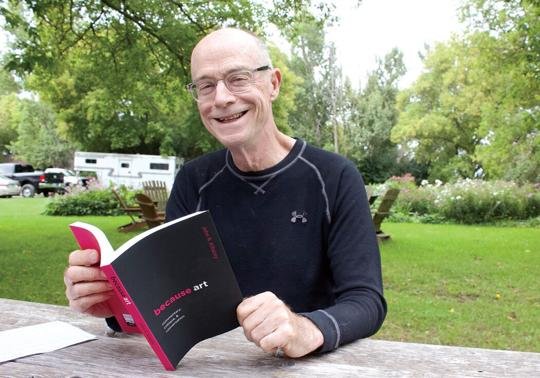-VTDigger
Fifty years ago, I attended my first gay pride festival in Manhattan’s Washington Square Park. Bette Midler sang “You Got to Have Friends.” We sure needed them.
At that time, queer people had no legal protections. We could not be out as teachers, could be evicted, and were often physically attacked late at night with no police protection. Same-sex sexual activity was only legalized in 1980 in New York.
Those of us gathered that day danced on the shoulders of activists a generation before, including Harry Hay of the Mattchine Society and Del Martin and Phyllis Lyon of Daughters of Bilitis who organized in the 1950s to counter police entrapment, McCarthyism, and the American Psychiatric Association labeling us sociopathic.
And of course, the 1969 Stonewall riots were a watershed moment when disenfranchised drag queens fought police harassment at New York’s Stonewall Inn. Drag queens also fought police intimidation in San Francisco and Los Angeles. They had nothing left to lose and said, “Enough!” We owe those queens; their struggles catalyzed the LGBTQ+ movement for civil rights.
Another wave of political action erupted during the AIDS pandemic of the 1980s and ’90s. People fought for their lives. Care circles and memorials defined our chosen families. The community demonstrated fierce resiliency — mobilizing information, support, treatment, and advocacy. When few would care for us, we took care of our own.
Pride festivals evolved from celebrating sexual freedom and affirmation to funeral processions mourning the unrelenting AIDS carnage. Then legal protection, adoption, and marriage equality came to dominate agendas as we assimilated. Vermont led the nation here, granting civil unions in 2000 and full marriage rights in 2009.
As our community organized, political leaders emerged. Harvey Milk was the first openly gay man elected in California to the Board of Supervisors in San Francisco in 1977. I was there when he was assassinated one year later.
Karen Clark, elected in 1981, was the first out lesbian to serve in the Minnesota Legislature. Ron Squires, Vermont’s first openly gay legislator, elected to the House in 1990, died from AIDS in 1993.
These pioneers were outliers. Now there are 1,174 LGBTQ+ elected officials serving in city, state and federal offices. In Montpelier, we have 14 Vermont legislators in the Rainbow Caucus. And our self-described “scrappy little dyke” Becca Balint is serving us in Congress.
While there has been much progress politically, we still face tremendous prejudice and fearmongering. Little has changed to guarantee basic human and civil rights for queer people internationally, and whatever legal advances we gained nationally are at risk with an emboldened right wing and conservative Supreme Court.
Protections are being rolled back for queer and transgender kids as well as military personnel. LGBTQ+ seniors are increasingly isolated as Baby Boomers age. Gender-affirming health care is being denied, state by state. Book banning, curriculum purging, and outlawing drag shows — there is much left to do.
As we celebrate this month, let’s learn from the battles of the past to build upon their legacies of resilience. From those ferocious drag queens in the ’60s to the vehement AIDS activists of the ’80s, I could not be who I am today without them. I love my idiosyncratic family.
